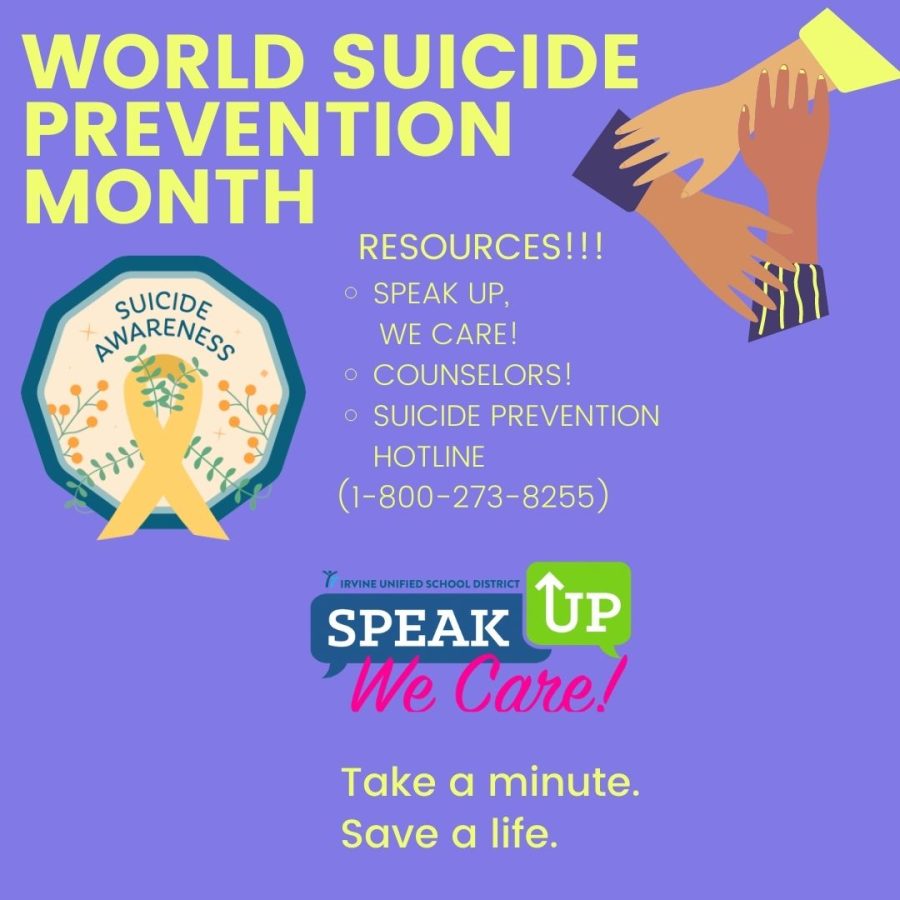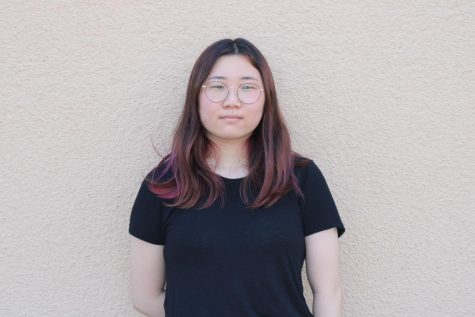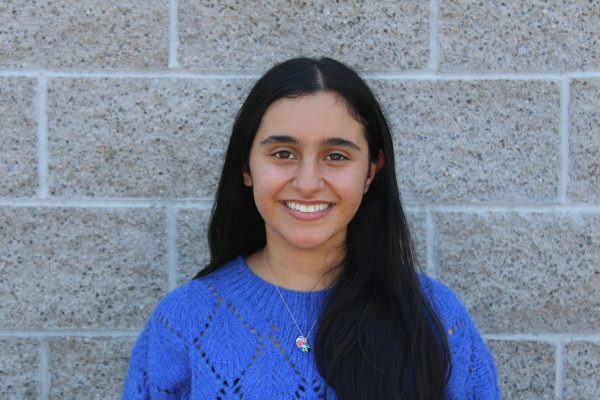Suicide Awareness Month
Infographic of mental health resources.
October 24, 2022
With the start of a new school year, students return to stressful academic and extracurricular environments where their mental well-being will be tested through finishing large amounts of homework, preparing for dozens of tests and completing difficult projects. Throughout the year, UHS students will be challenged both academically and emotionally, which can lead to a high risk of academic burnouts, exhaustion and an overall decrease in motivation.
Signs of depression may include, but are not limited to, feelings of despair, worthlessness and hopelessness and may be amplified by UHS’ competitive environment. Students may also experience academic burnout – exhaustion students experience due to long-term exposure to constant school demands – that can last from days to weeks. Sometimes stress can motivate students, but it can also overwhelm them.
“Sometimes I feel unmotivated in classes because I feel like I have too many things to do; it’s sometimes very overwhelming,” junior Ella Huang said. “It’s already draining enough having seven periods and staying at school for six to seven hours due to the new schedule, but having so much homework and tests every week is exhausting.”
At times, this stress can become so overwhelming that it may lead to severe depression, which in some cases can then lead to suicide. According to the American Foundation for Suicide Prevention (AFSP), the rate of suicide for the age group of 15-24 has historically been around 11-12%, making it the third leading cause of death for teenagers. However, this percentage has reached around 14.24% in 2020. Due to these increased rates of depression and suicide, teachers, staff, and students at UHS are stressing the importance of prioritizing mental well-being more than ever.
In September, UHS counselors and the High School Youth Action Team (HSYAT) teamed up to spotlight Suicide Awareness Month. They used one of HSYAT’s biweekly Wellness Wednesday meetings to focus on an exclusive event where students could create buttons that promote suicide prevention and interact with school counselors. HSYAT Wellness Wednesday meetings usually host health and wellness activities as well as speakers and provide a wide range of mental health resources.
In addition to HSYAT, Hope Squad is another student-led wellness resource. Hope Squad is a suicide prevention program that recruits trustworthy classmates to use education, training and intervention to help students who might be seeking assistance with the mental well-being of themselves or others. Students in Hope Squad are readily available to talk to students who are emotionally struggling or provide professional mental health resources to students who display signs of suicide or depression.
“I admire the Hope Squad for what they do,” junior Garrett Chin said. “And I love the fact that they use actual [UHS] students, who probably know us the best, to identify who needs help and provide others with resources.”
UHS also opened a wellness room in room 218 at the beginning of the school year where students can use their office hours, break or lunch to sit back on bean bags, play with kinetic sand, read books, solve crossword puzzles and color. The room is lightly decorated with plants and motivational quotes.
“[The wellness room is a place] to de-escalate, if they have anxiety, or if they just needed a 10-minute break,” Mental Health Specialist Hanaa Escatel said. “The chairs are really comfortable and I think the space is just very soothing . . . Ms. Kim puts on music [and] they have a diffuser . . . so I think the vibe of the room is just very calming.”
UHS also provides resources that help students draw awareness to peers whom they may be worried about. Say Something is an anonymous reporting system where one can submit a safety concern about another student and call for a trusted adult to provide help or intervention before they hurt themselves or others.
These are not even half of the resources that UHS provides for students; there are short-term individual or group counseling for students, solution-focused therapy, Speak Up, We Care (Care Solace’s verified mental health, behavioral health and substance abuse treatment options) and enrichment workshops. However, many students may have not heard about these programs and are not aware that these resources are always readily available to all students or teachers who are in need.
“I feel like [the variety of resources are] good, but not a lot of kids know about them,” Mrs. Escatel said. “I think people just need to know.”
Even as Suicide Awareness Month came to a close, UHS continues to provide resources to students and encourages everyone to find the help they need. These efforts are commendable, and we can only hope that they will be recognized as students start taking care of themselves. The number of resources available will continue to grow, but the intention remains to aid students in need and promote emotional well-being.
Please remember to find the help you need. UHS staff will always be available to help. Other resources are listed below.
Crisis resources:
24/7 Crisis hotlines:
1-800-273-TALK
1-877-7-Crisis
Suicide & Crisis Lifeline:
988
The OC Warmline:
(714) 991-6412
Say Something:






